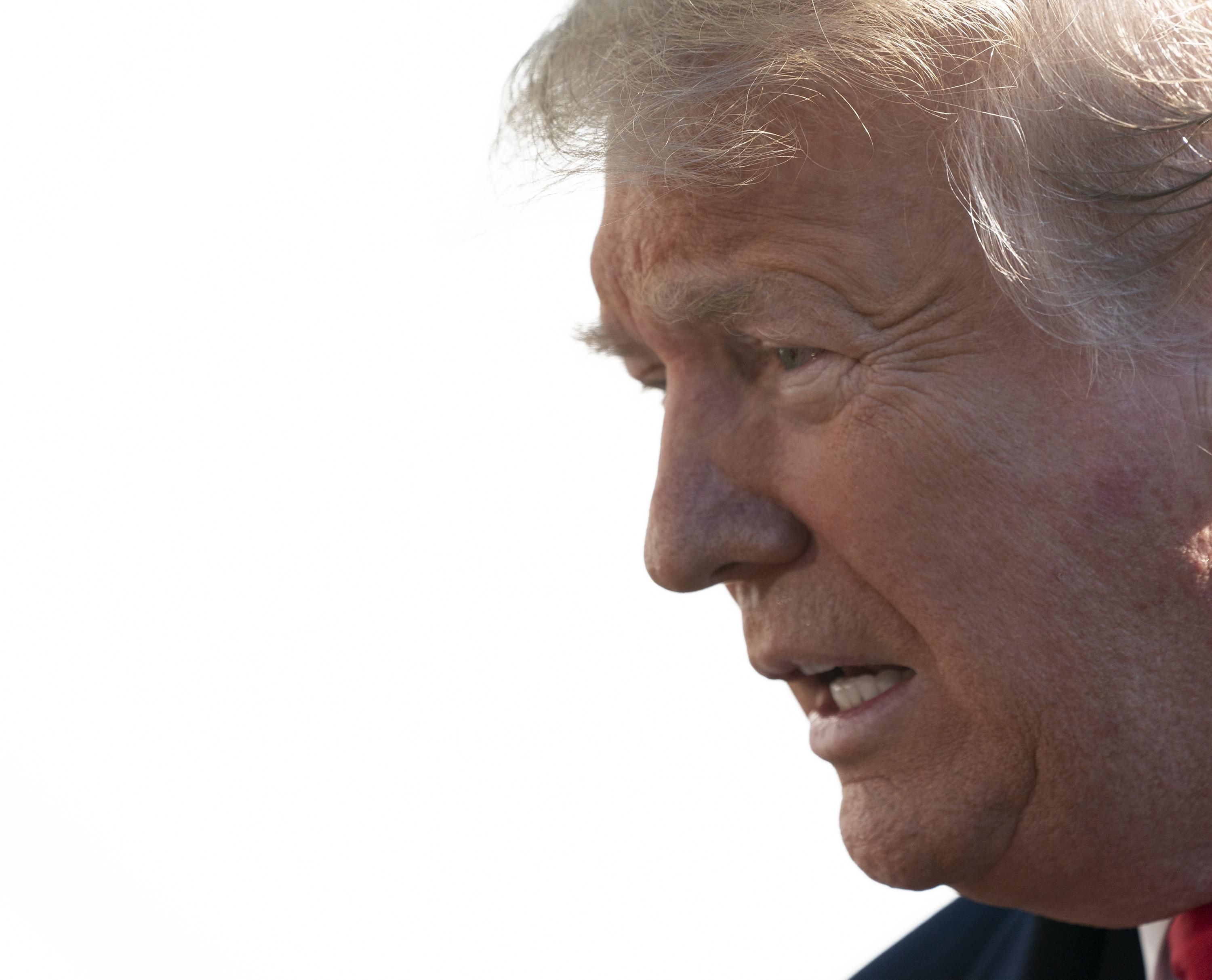December 30, 2022
Just days before the US House of Representatives flips to Republican control, House Dems have released former President Donald Trump’s tax returns from 2015-2020, which he has gone to painstaking lengths in recent years to keep from going public. While details remain scarce as reporters wade through thousands of pages of documents, reports recently released by the US House Ways and Means Committee showed that Trump was not audited by the Internal Revenue Service in 2016. He had claimed the audit was why he was forced to buck the trend of presidents releasing their tax returns. That report also showed that in 2016 and 2017 the former president paid just $750 in federal income tax, declaring losses topping more than $12 million. It also revealed that he paid a total of $1.1 million in federal income tax in the first three years of his presidency but zilch in 2020. After examining these findings, the non-partisan Joint Committee on Taxation recently urged the IRS to look into whether money the former president loaned to his children – which he claimed were gifts – should have been taxable. Looking ahead, tax analysts will be focusing on whether any of Trump’s tax policies from his time in office aimed to benefit his own financial arrangements.
More For You
Global conflict was at a record high in 2025, will 2026 be more peaceful? Ian Bremmer talks with CNN’s Clarissa Ward and Comfort Ero of the International Crisis Group on the GZERO World Podcast.
Most Popular
Think you know what's going on around the world? Here's your chance to prove it.
Indian Prime Minister Narendra Modi isn’t necessarily known as the greatest friend of Muslim people, yet his own government is now seeking to build bridges with Afghanistan’s Islamist leaders, the Taliban.
French President Emmanuel Macron, German Chancellor Friedrich Merz, Ukrainian President Volodymyr Zelenskiy, U.S. Special Envoy Steve Witkoff and businessman Jared Kushner, along with NATO Secretary-General Mark Rutte and otherEuropean leaders, pose for a group photo at the Chancellery in Berlin, Germany, December 15, 2025.
Kay Nietfeld/Pool via REUTERS
The European Union just pulled off something that, a year ago, seemed politically impossible: it froze $247 billion in Russian central bank assets indefinitely, stripping the Kremlin of one of its most reliable pressure points.
© 2025 GZERO Media. All Rights Reserved | A Eurasia Group media company.
